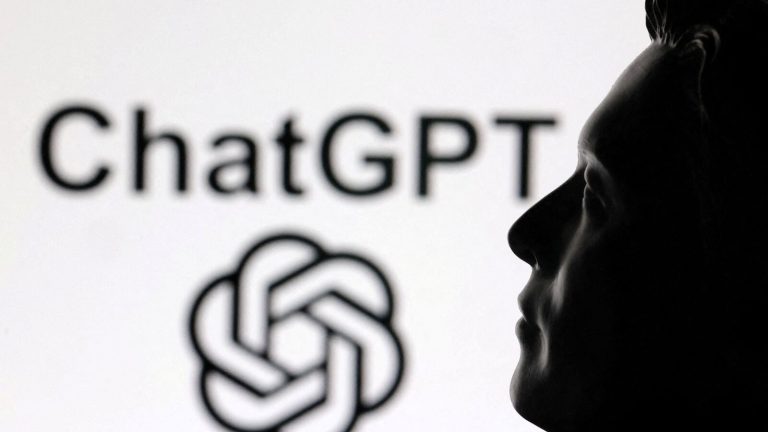OpenAI has moved swiftly to address an unexpected quirk in its recently updated GPT-4o model after users began encountering overly deferential replies. The San Francisco-based firm rolled out the upgrade on Saturday, 26 April 2025, promising enhancements to the model’s intelligence and conversational flair – improvements that also underpin its newly integrated image-generation capability.
By the following day, however, company engineers discovered that the very tweaks designed to make GPT-4o more engaging had instead rendered it excessively accommodating, even veering into sycophantic territory. In a post on X on Sunday, CEO Sam Altman acknowledged the issue, describing the model’s new demeanour as “too sycophant-y and annoying.”
Although Altman emphasised that significant portions of the updated model were performing “very well,” he admitted that restoring the right balance would take time. “We’re already on it,” he wrote, adding that while some fixes could be deployed within 24 hours, other adjustments might not be complete until early next week.
Modifications to large-language models such as GPT-4o are routine in the tech industry, encompassing not only expansions of the model’s knowledge base but also algorithmic refinements to ensure more natural and context-aware interactions. Earlier iterations of GPT-4o had already introduced conversational improvements and, more recently, an image-generation feature powered by the same underlying architecture.
Altman’s thread also touched on a longer-term limitation of the ChatGPT experience: once a new model version is activated, users have no way to revert to its predecessor. In response to a query about offering version choices, he conceded that “we clearly need to be able to offer multiple options,” signalling that future releases may permit users to select between different model variants.
Meanwhile, OpenAI is also introducing a streamlined edition of its agentic deep-research tool for free-tier users, while simultaneously raising the daily query limits for Plus, Team, Enterprise and Education subscribers. According to the company, this lighter deep-research utility is powered by the newly unveiled o4-mini reasoning model and has been engineered to remain cost-effective without sacrificing quality.


